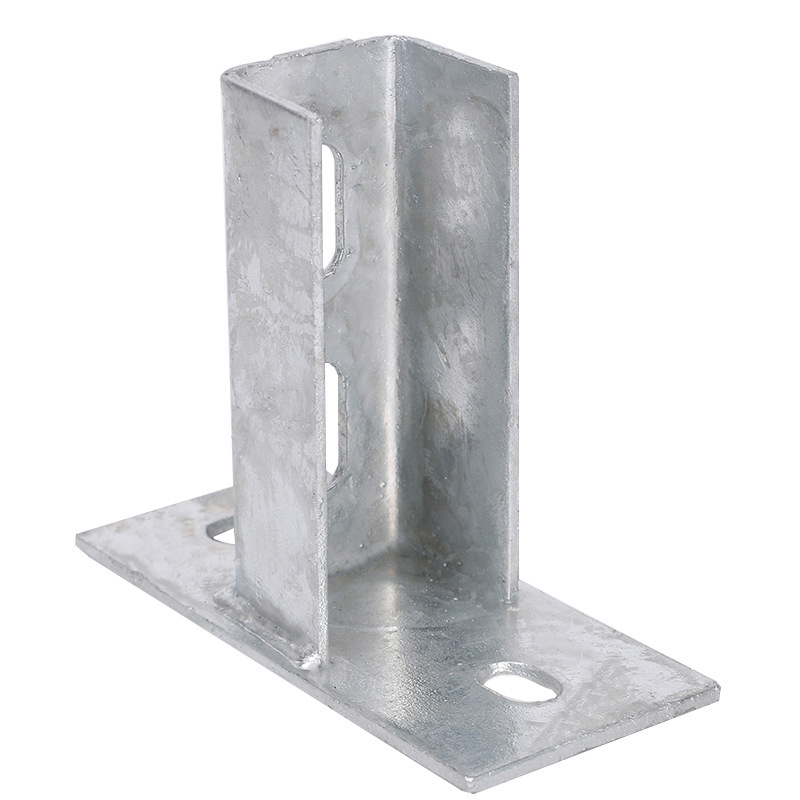

Understanding ASTM A193 B7 Stud Bolts and Their Applications in Industrial Fastening Solutions
Авг . 09, 2024 21:00 Back to list
Understanding ASTM A193 B7 Stud Bolts and Their Applications in Industrial Fastening Solutions
Understanding Stud Bolts A Focus on ASTM A193 B7
When it comes to industrial fasteners, stud bolts play a crucial role in ensuring the integrity and reliability of various structures and applications. Among the myriad of specifications governing these critical components, ASTM A193 B7 is one of the most widely recognized and utilized standards, especially in high-temperature and high-pressure environments.
What is a Stud Bolt?
A stud bolt is a type of fastener that consists of a cylindrical rod with threads on both ends. It is typically used in conjunction with nuts to secure two or more components together, such as flanges, pipes, or any types of machinery that require a strong and reliable joint. Stud bolts are favored in situations where a bolt head would be constrained or where space is limited.
ASTM A193 An Overview
ASTM A193 is a specification established by ASTM International, which outlines the requirements for various grades of alloy and stainless-steel bolting materials suitable for high-temperature or high-pressure service. The specification ensures that the materials meet stringent mechanical and chemical properties, making them ideal for use in severe conditions.
Grade B7, as defined under this specification, is one of the most commonly used alloy steel grades. It consists of chromium-molybdenum steel and is designed to provide enhanced strength and resistance to stress in demanding applications. The chemical composition of B7 typically includes 0.33-0.60% carbon, up to 1.00% chromium, and 0.15-0.25% molybdenum, which together ensure a robust performance in extreme conditions.
stud bolt astm a193 b7

Applications of ASTM A193 B7 Stud Bolts
ASTM A193 B7 stud bolts are heavily employed in critical industries such as oil and gas, power generation, petrochemical, and construction. Their ability to withstand high temperatures (up to 1,000°F) and pressures makes them ideal for flanged connections in pipelines, pressure vessels, and heavy machinery.
In the oil and gas industry, for instance, B7 stud bolts are often utilized in refinery applications, which demand reliable performance amid harsh operating conditions. Their resistance to both mechanical stress and corrosive environments ensures that connections remain secure over time, reducing the risk of leaks or component failures.
Installation and Maintenance Considerations
While ASTM A193 B7 stud bolts offer superior strength and durability, proper installation and maintenance are paramount to their effectiveness. Care should be taken to apply the appropriate torque during installation to avoid excessive stresses that could lead to bolt failure. Moreover, regular inspections are essential to monitor for signs of wear, corrosion, or loosening, especially in environments subject to vibrations or temperature fluctuations.
Conclusion
In summary, ASTM A193 B7 stud bolts are a vital component in various high-stress industries, providing the necessary strength and reliability for securing connections. Their chemical composition and mechanical properties make them well-suited for extreme conditions, ensuring the safety and integrity of structures that rely on their performance. Understanding the specifications and best practices associated with these stud bolts is critical for engineers and maintenance personnel alike, as it promotes longevity and functionality in critical applications. As industries continue to evolve and push the limits of technology, the importance of reliable fasteners like ASTM A193 B7 will remain at the forefront of engineering solutions.
Latest news
-
Premium Self Tapping Metal Screws: Strong & Easy Install
NewsAug.02,2025
-
Premium Fasteners Manufacturer | AI-Driven Solutions
NewsAug.01,2025
-
Hot Dip Galvanized Bolts - Hebei Longze | High Strength, Corrosion Resistance
NewsAug.01,2025
-
High-Strength Hot Dip Galvanized Bolts - LongZe | Corrosion Resistance, Custom Sizes
NewsAug.01,2025
-
Best Self Tapping Screws for Drywall - Fast & Secure Installation
NewsJul.31,2025
-
High-Strength Hot Dip Galvanized Bolts-Hebei Longze|Corrosion Resistance&Customization
NewsJul.31,2025

